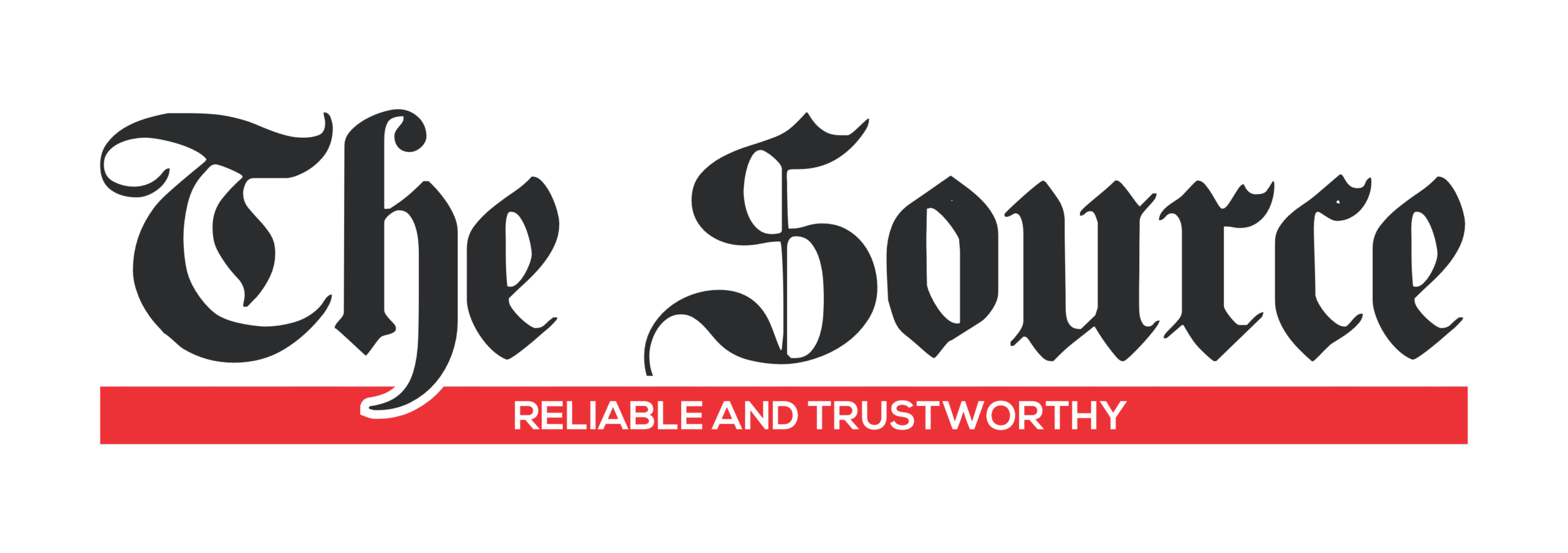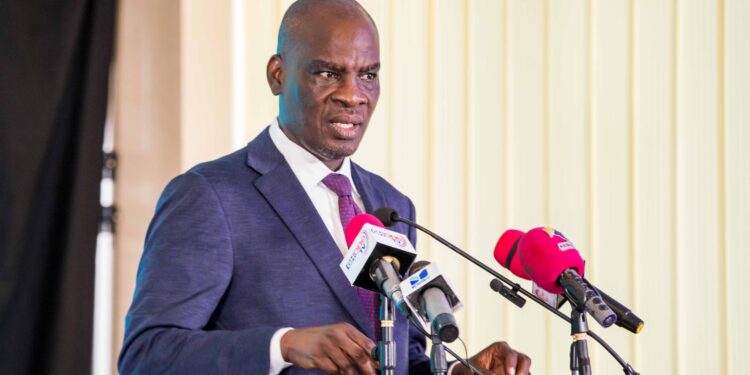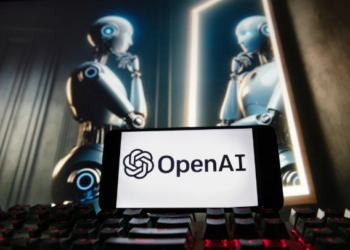The Minister of Education, Haruna Iddrisu, has urged stakeholders in Ghana’s education sector to rethink the country’s development priorities, emphasizing the need to align educational policies with cultural identity, infrastructure development, and practical teaching approaches.
He made the call while delivering the keynote address at the launch of Professor Kwame Akyeampong’s latest book, co-authored with Dr Sean Higgins, titled “Reconceptualizing the Learning Crisis in Africa: Multi-dimensional Pedagogies of Accelerated Learning Programs” at the Kempinski Hotel Gold Coast City Accra, on Wednesday, October 22, 2025.
The examines how African education systems can be transformed through contextually grounded approaches.
The education minister described the book as “a timely and deeply important contribution by two distinguished scholars”, noting that it challenges policymakers and educators to rethink how Africa defines learning success.
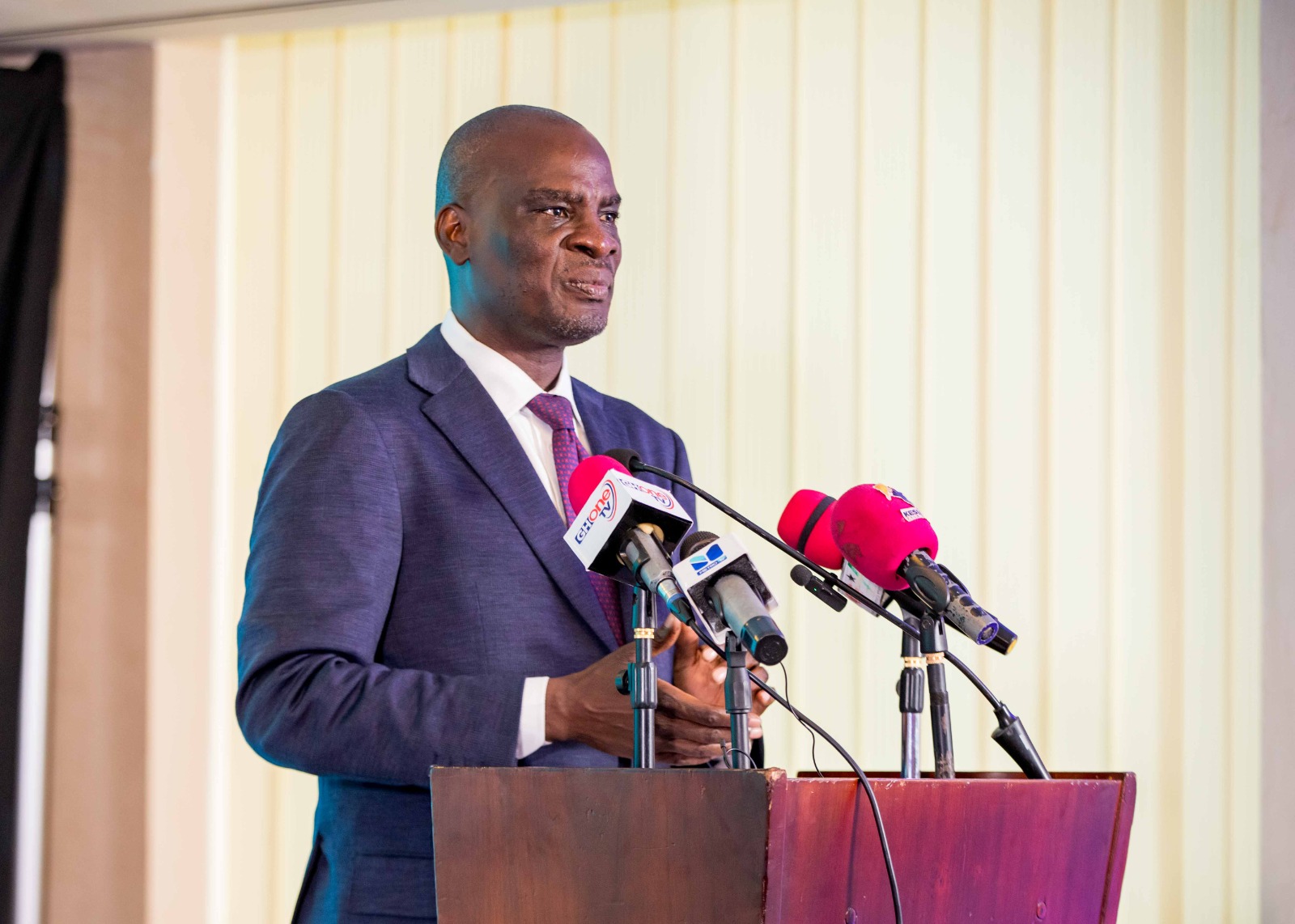
“This book is not only an academic achievement and a valuable reference, but also a call to us all to rethink how we value our children, our learners, and our schools. It challenges us to reclaim the African classroom as a space where we nurture our sense of belonging and identity, even as we ensure our children develop strong basic skills,” he added.
The Minister commended Professor Akyeampong and Dr. Higgins for their extensive contributions to education research, describing them as scholars whose work continues to shape policy and practice both in Ghana and across the continent.
“Professor Akyeampong, one of Ghana’s own, has shaped education research and policy both here and globally. Dr. Higgins’s long-standing engagement with African education has enriched our understanding of how children learn best in complex contexts,” he stated.
He observed that the global narrative of a “learning crisis” often misrepresents Africa’s educational realities, stressing that African children are not incapable of learning but are instead hindered by systemic and structural challenges.
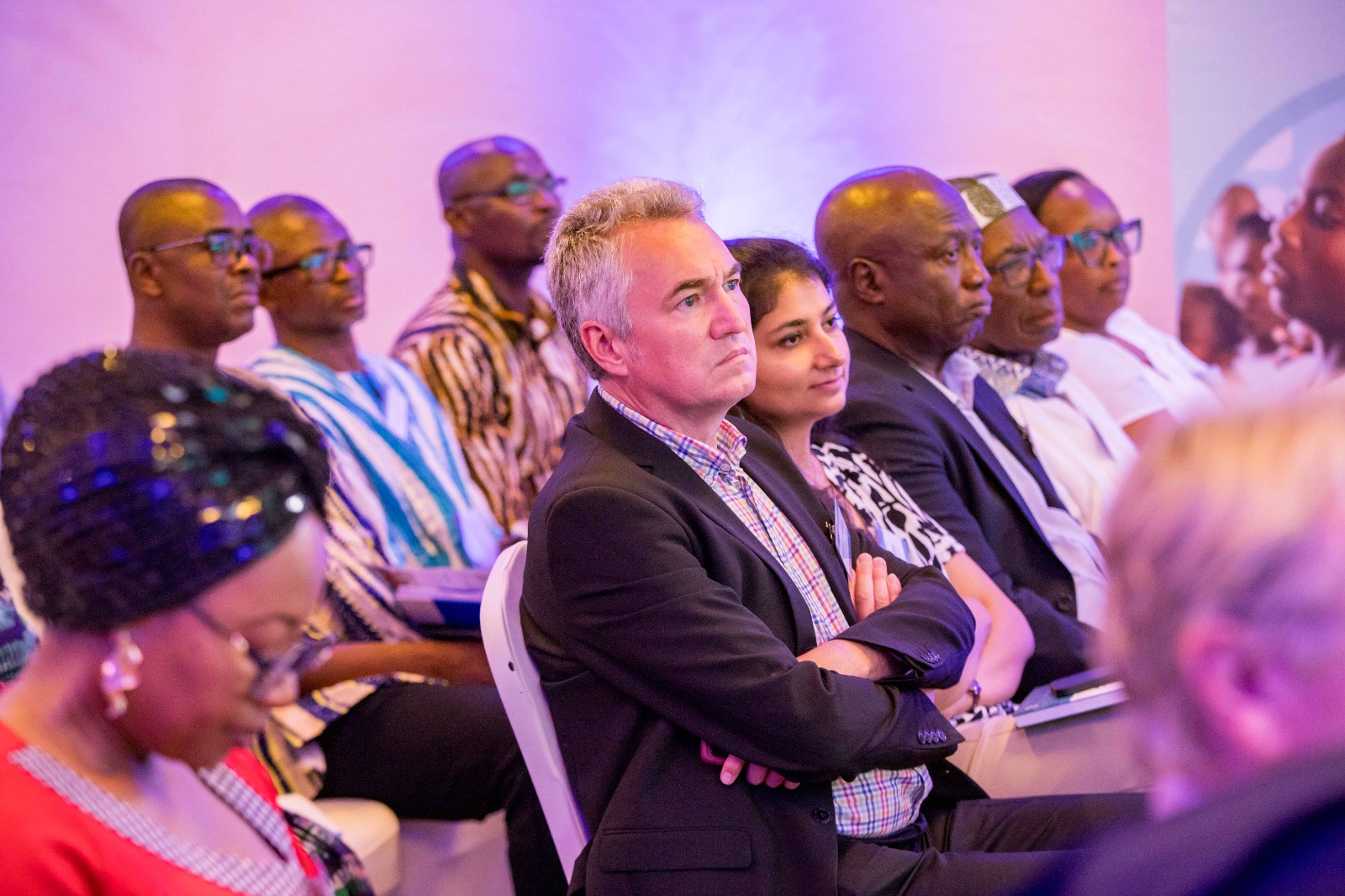
“While the phrase ‘learning crisis’ has become part of global policy language, the real crisis is not in the capacity of African children to learn, but in how we have too often ignored their wisdom, their language, and the pedagogies that make learning meaningful to them. When you are talking and writing about your ‘learning crisis,’ don’t bring in innocent African children — for them, there is no learning crisis,” he noted.
Turning attention to Ghana’s ongoing curriculum review, the education minister explained that the process reflects the government’s determination to produce learners who are not only equipped with skills for the modern world but are also grounded in Ghana’s national values and cultural identity.
“As part of the review process, I have been encouraging the team to go beyond literacy and numeracy and focus on other areas that help mould character and responsible citizenship. How do we grow our learners to be responsible?” he further queried.
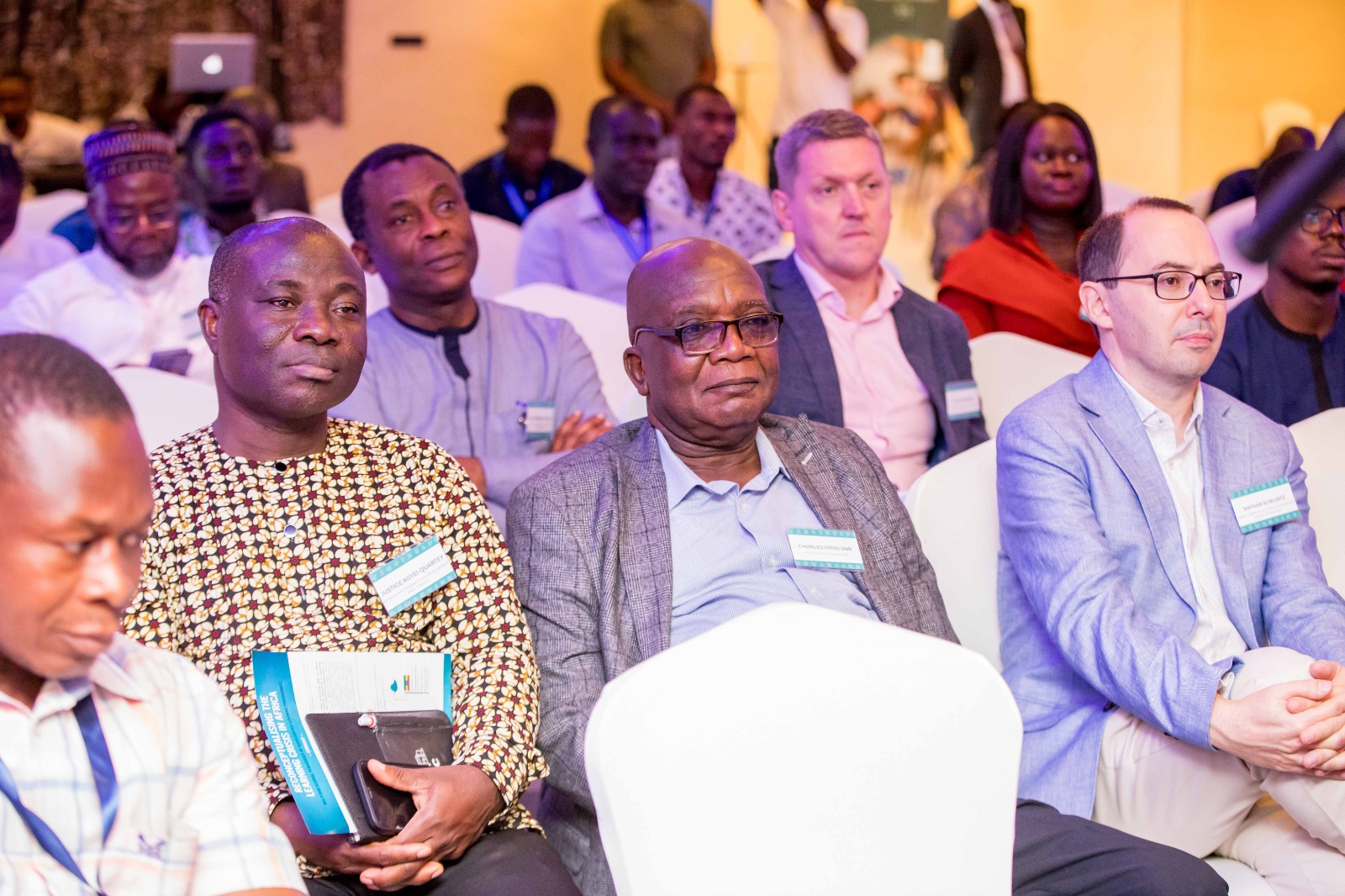
Mr Iddrisu further proposed that Ghana’s basic education curriculum should include dedicated periods for teamwork and social development.
“We should dedicate at least an hour or two at the basic level for children to learn teamwork — to belong to groups and teams, and to learn to work together,” he said.
The Minister, however, lamented Ghana’s persistent infrastructure deficits, noting the contradiction between free education policies and the country’s inadequate learning facilities.
“Education is offering free secondary education in the same Ghana, yet we still have about 5,000 schools under trees and many more Ghanaian children who are unable to access basic education.
“Free senior high school is noble; however, it was not accompanied by the needed infrastructure required to support the policy, no classrooms, no dormitories, no laboratories,” he said
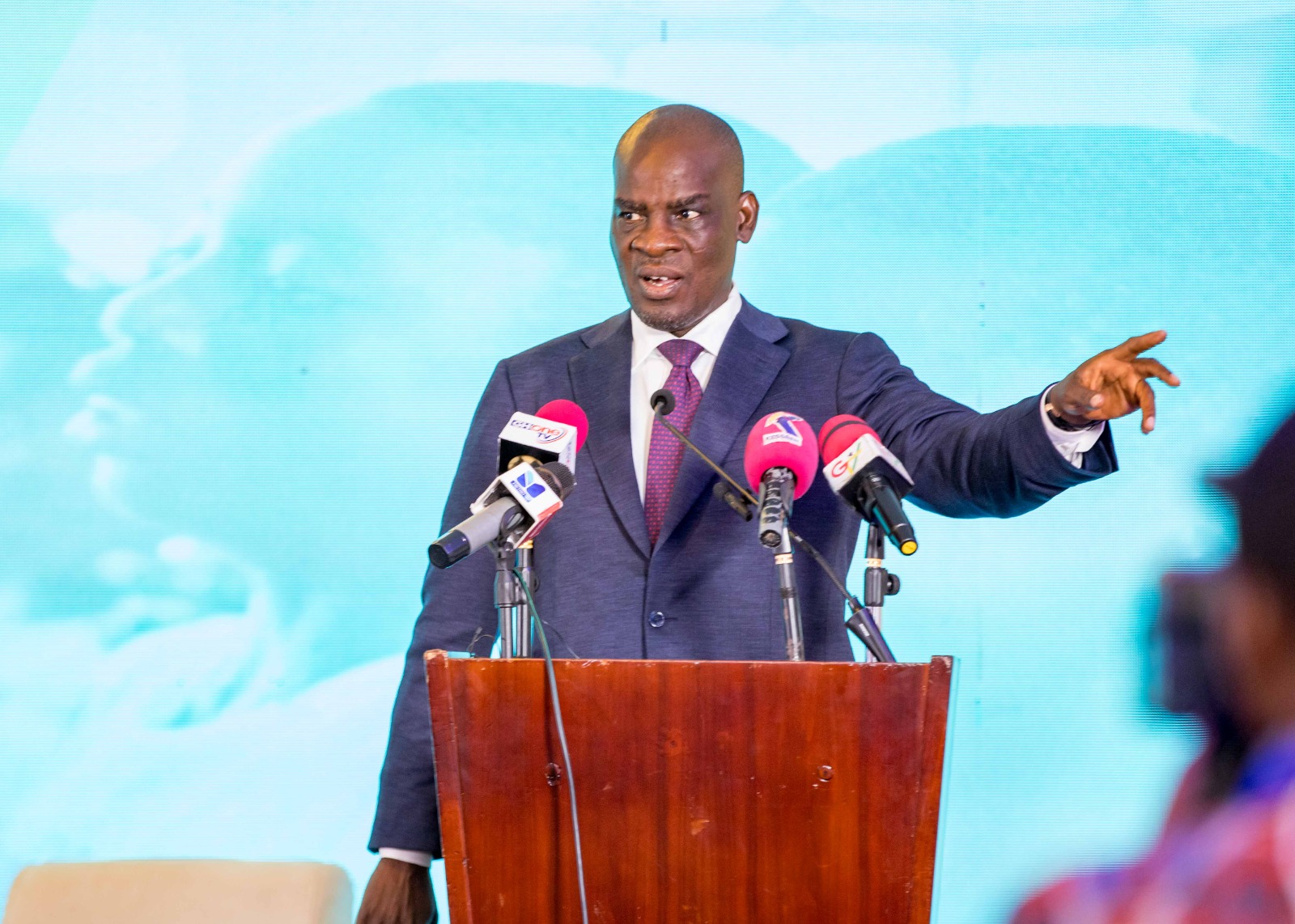
He cautioned that while free education initiatives are commendable, they must be matched with proper planning, adding that the John Dramani Mahama administration must urgently address these infrastructure gaps through research and targeted investment.
Mr Iddrisu also highlighted the vital role of teachers, emphasizing that meaningful learning occurs when teachers are empowered as “co-creators of knowledge.”
“The so-called global learning crisis has often been interpreted as a crisis of teaching, leading to quick fixes. But as evidence from Ghana, Ethiopia, and Liberia shows, meaningful learning happens when teachers are not treated as passive deliverers of instruction. Still, as co-creators of knowledge,” the Minister added.
On the importance of language in education, the Minister questioned the dominance of English as the medium of instruction in early childhood education.
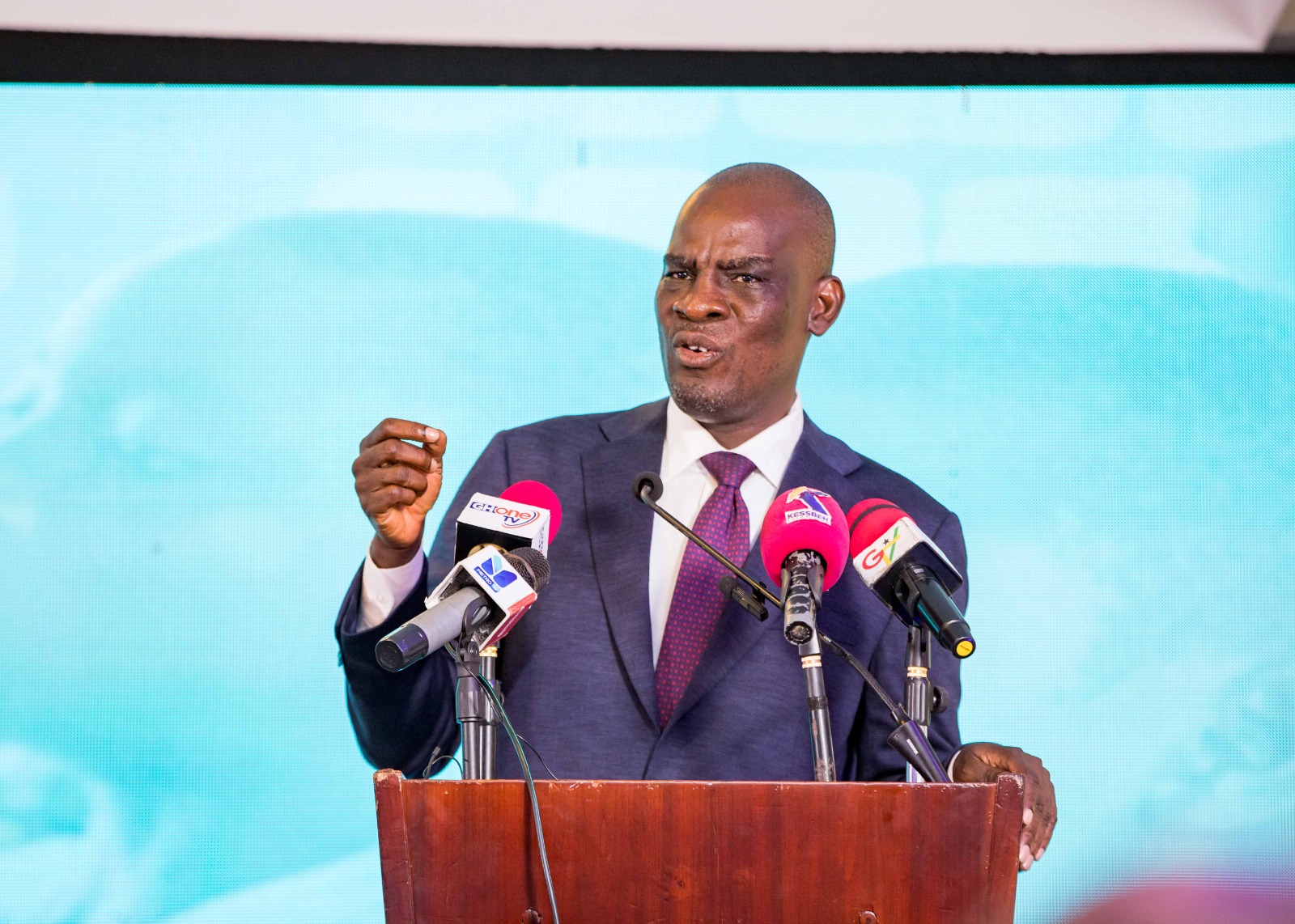
“A child is born into an Ewe, Hausa, Dagomba, Gonja, Kusa, or Frafra community — yet we insist that the child must learn in English. Is that the child’s language?” he asked. “There is a relationship between the politics of language and improved learning outcomes.”
He further commended the authors for producing a work that reframes Africa’s educational discourse from “crisis to confidence.”
“This book makes a significant contribution by shifting the narrative from crisis to confidence. It invites us to see African education not as a site of deficiency but as a site of possibility.
“It reminds us that our classrooms are rich with wisdom, that our languages, stories, and community practices are not obstacles to our development, but the very foundations for building strong, foundational, and sustainable learning.
“For Ghana, this means continuing to learn from our own evidence, such as the Complementary Basic Education Programme, and scaling the principles that make it successful — contextual relevance, cultural grounding, and respect for the learner,” the Education Minister further added.
